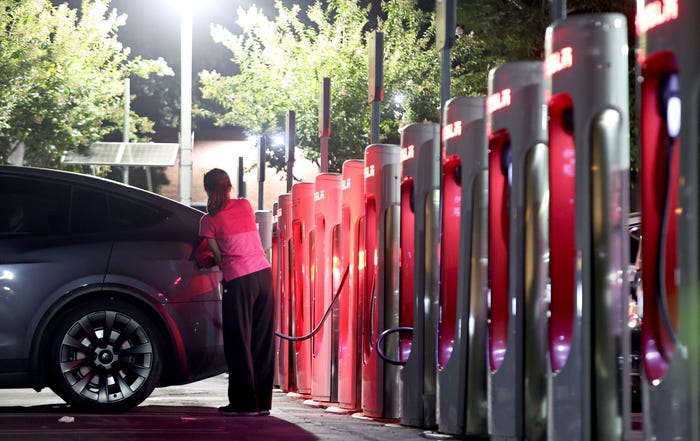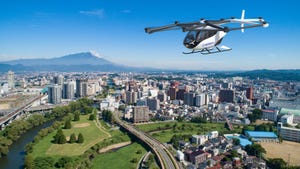‘Robot-Phobia’ Could Worsen Labor Shortages‘Robot-Phobia’ Could Worsen Labor Shortages
A new Washington State University study found the use of robots in the hospitality industry may cause human workers to quit

Using robotic workers to meet labor shortages in the hospitality industry may backfire and cause human workers to quit, a Washington State University study has found.
The study, which looked at more than 620 lodging and food service employees, said that ‘robot-phobia’ – a fear of robots pushing people out of their jobs – could prove a hindrance to businesses looking to roll out robots, instead deterring human workers and causing a bigger issue with labor shortages.
“The turnover rate in the hospitality industry ranks among the highest across all non-farm sectors, so this is an issue that companies need to take seriously,” said lead author Bamboo Chen.
“The findings seem to be consistent across sectors and across both frontline employees and managers. For everyone, regardless of their position or sector, robot-phobia has a real impact.”
The survey broadly defined “robots” to include a range of robotic and automation technologies, including human-like robot servers and automated robotic arms, as well as self-service kiosks and tabletop devices.
Results from the survey found feelings of job insecurity and stress were correlated to a higher degree of robot phobia and indicated a higher chance of workers leaving their jobs.
Crucially, these concerns did not decrease with more exposure. Employees with real-life experience of working alongside robots indicated higher levels of perceived job insecurity.
To mitigate this issue, the study recommends employers communicate the limitations of robots to their human workers and emphasize the role humans play in the workplace.
“When you’re introducing a new technology, make sure not to focus just on how good or efficient it will be. Instead, focus on how people and the technology can work together,” Chen said.
About the Author
You May Also Like








